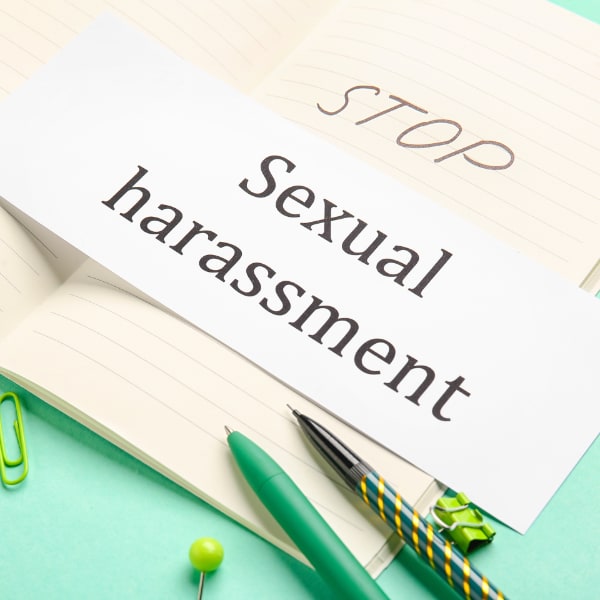
The timing of dismissal is crucial and will affect whether an employee is eligible (two years’ continuous employment required in most cases, subject to certain exceptions), to pursue a claim for unfair dismissal against your business.
The danger area is where you dismiss and pay in lieu of notice or fail to give proper notice. In those circumstances, the employee is entitled to add the minimum statutory notice (7 days) to their length of service. In these circumstances they will accrue 2 years service 7 days before the two year anniversary of the start of their employment.
Such employees claiming unfair dismissal will, therefore, be able to add on the minimum statutory notice period when calculating their period of service. This means that although the employee’s employment would cease immediately, when payment in lieu is made or where in error incorrect notice is given (look out for situations where there is a dispute over what notice is due) employers need to remember to add statutory notice. To be on the safe side we usually recommend adding on 10 days when diarising accrual of 2 years’ service.
Remember that where you are justified in dismissing with immediate effect for gross misconduct (having followed a proper process) the termination date will be the date of that summary dismissal.
Also, remember there are exceptions to the two-year eligibility rule (like a health and safety related dismissal). In addition, employees wishing to bring claims for discrimination or whistleblowing detriment or dismissal have eligibility from day 1 of their employment (and for discrimination even before employment starts during the recruitment process).
Where an employer wants to dismiss an employee with less than 2 years’ service, advice should be taken before doing so (this need not be expensive or time consuming). Where the advice is that it appears low risk to proceed, but where the employer is fearful that the employee will ‘try on’ a claim no matter what, the employer would be wise to make sure that it has its reasons for dismissal fully documented before doing so (and ideally have raised those issues with the employee and should include them in the dismissal letter). This approach should also be followed in relation to dismissals during probation.
If you need advice on how to safely dismissing an employee, please contact David Greenhalgh on 020 3603 2177.
This page/article/blog is for reference purposes only. It does not constitute legal advice and should not be relied upon as such. Specific legal advice about your specific circumstances should always be sought separately before taking or deciding not to take any action.




